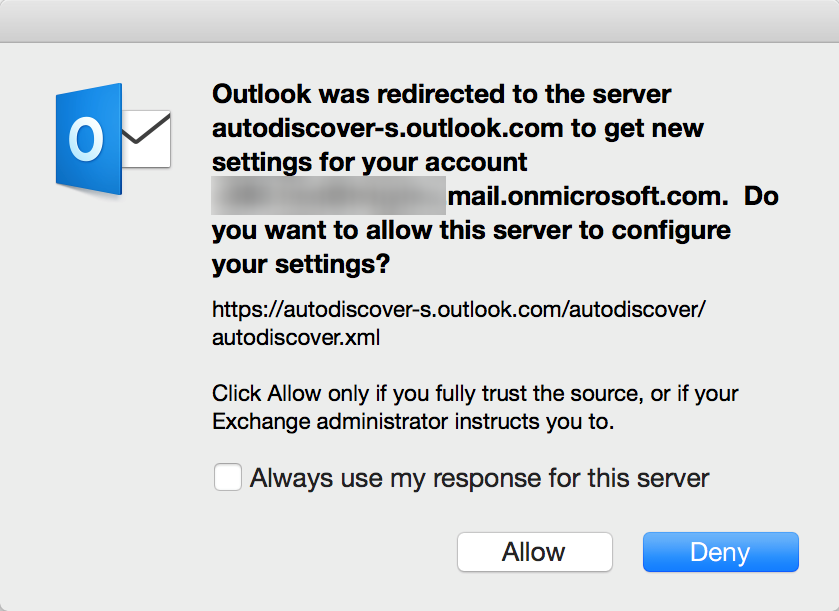Outlook for Mac For many Mac users, Mail, Contacts and Calendar are the natural choices – not least because in this increasingly ecosystem-dominated world, they are tightly integrated into iOS and watchOS. The previous version of Outlook for Mac was an unreliable and underpowered program that was deservedly unpopular. The Office 2016 version is a major improvement for anyone wanting more than the built-in tools, though it’s still not comparable to Outlook 2013. You get mail, calendar, contacts and tasks, plus categories you’ve created in other versions of Outlook sync across, and you can view a colleague’s shared calendar next to yours, to see when you’re both free. And if you use Office apps, like the built-in Action Items and Suggested Meetings, they work here as well. We love the longstanding feature which lets you create an event based off and linked to an email.
There are some very welcome improvements here: An option to propose a new time when declining a meeting; the room finder as seen in Outlook on Windows; side-by-side calendars; weather forecasts in the calendar; and the syncing of categories. Also, there’s smarter email threading which doesn’t think all emails with the same subject line are related, and doesn’t hide half the messages when you expand a thread and previews of messages right in the inbox pane.

But our favourite tweak is the option of defining different signatures for new messages as for replies. You can do a lot more formatting in emails, from using a wider range of fonts and resizing pictures to inserting hyperlinks easily. And if you’re used to Twitter and Facebook, being able to add people to an email by typing an ‘@ mention’ of their name will be handy. We like the new summary cards that clearly show the contact information you need, not the clutter of fields you hardly ever use. Even getting the familiar Command-J shortcut back for forwarding messages makes Outlook that little bit easier to use.
The Attach File button on new messages handily shows the files you’ve been working on most recently, with a link to insert files from your Mac (which is where you’ll find iCloud services) and from Microsoft cloud services. Oddly, you have to add a connection to OneDrive or OneDrive for Business to Outlook, even if you’ve already connected your other Office applications to those services; but once you add one connection all the services you use will show up here. The Move tool also shows a few recent folders to help you file mail. On the other hand, there’s no equivalent of the Quick Step tool for quick filing and you don’t see favourite folders you’ve picked the way you do on Windows, just the system folders like Archive, News Feed and Clutter. How to name the axis on excel for mac. You won’t see any Search Folders you’ve made on Windows either, just the preset Smart Folders.
Configuring Outlook for Office 365 Your e-mail address will remain unchanged. Vmware fusion 5 download. People may still send mail to your netid@ucr.edu and first.last@ucr.edu e-mail addresses.
You can make a new Smart Folder to match Search Folders you already use, but the process isn’t as simple as on Windows. And you can’t send email to OneNote the way you can on Windows.
Outlook for Mac includes the Online Archive option (which Microsoft also refers to as a Personal Archive and an In-Place Archive) for moving emails out of your primary mailbox to save space – on Windows that’s an Office Professional Plus feature, and you have to use Exchange as your mail server. In Outlook 2016 you can move messages into your archive, and view them as well. You might want to consider that option if you get a lot of mail, because currently Outlook for Mac doesn’t let you choose how many emails to download – when you connect an account it grabs your whole mailbox. Even with these drawbacks, Outlook for Mac is streets ahead of where it was a year ago, but we hope it catches up further with the Windows version. For now, you’re most likely to choose it over the built-in tools in macOS if you’re already using Outlook elsewhere or need it for work.
OneNote for Mac The already useful note-taking tool is the app that’s changed the most since Office 2016 came out on the Mac, with the updates adding in many of the key features that were missing in the free version Microsoft released in 2015. Interestingly, OneNote for Mac now combines much of the power of the Windows version with some nice interface ideas from the modern Store app – like thumbnails and summaries of each note page in the navigation tabs down the side of the screen. OneNote has been getting more interest since Evernote began charging for its service, and it’s a powerful freeform note-taking app, organised into notebooks and sections. It’s closely integrated with OneDrive, and some features rely on the OneNote engine in the cloud – like the automatic OCR that lets you copy text out of images in your notes, or the handy way search shows you when there are more results in notebooks you have access to on OneDrive but don’t have open. It also has the same sharing options as the other Office 2016 apps in the top-right corner, which rely on OneDrive.